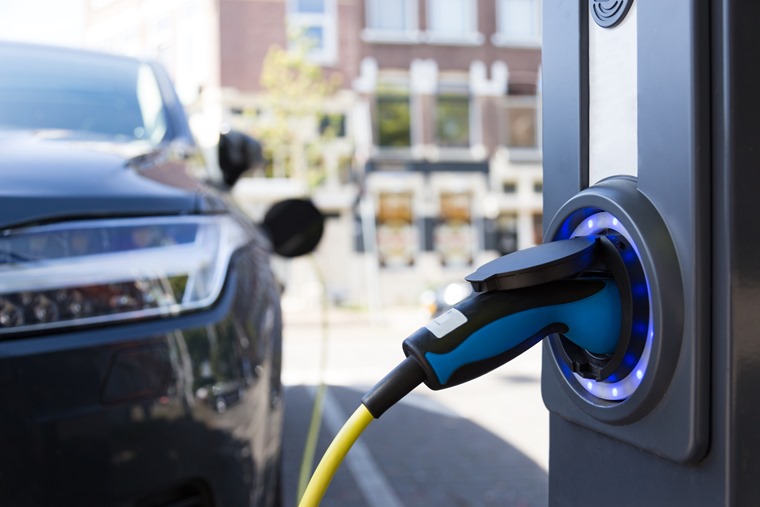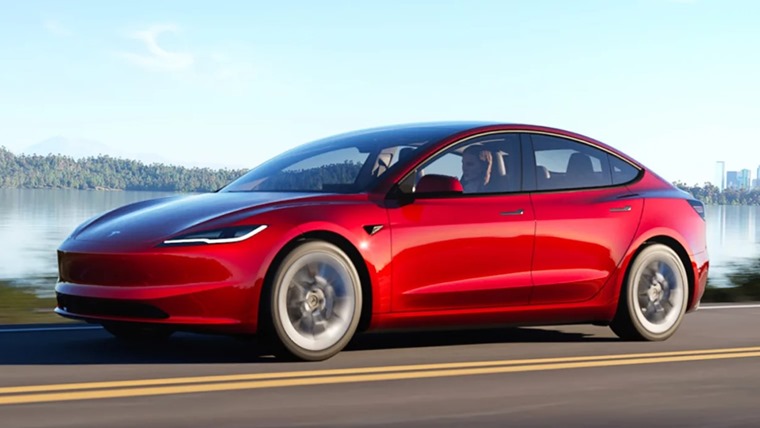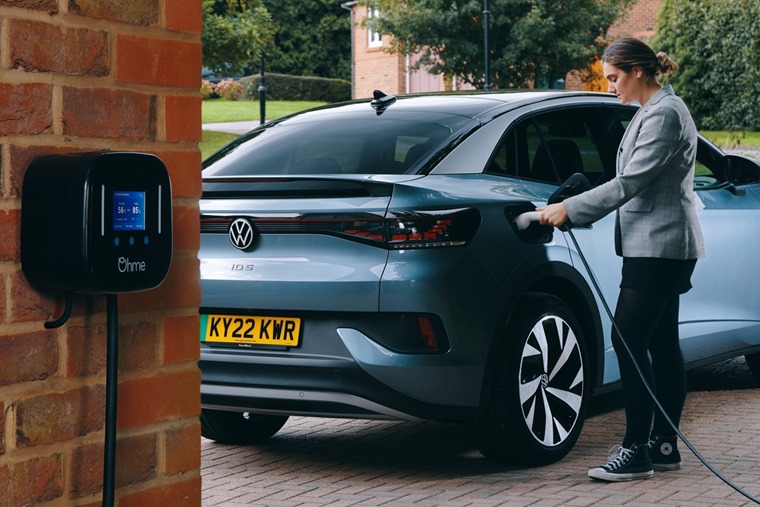Miles per kWh vs MPG: How do I calculate the difference? Should I be comparing the two?
Back to 'Expert guides'The automotive landscape is undergoing one of the biggest changes in its history. As we shift towards electrified drivetrains, understanding the new efficiency metrics is essential if you want to pick an EV that’s best suited to you.
One such important metric is “miles per kWh”. This serves as the electric equivalent to good old miles per gallon (MPG) that measures the fuel-efficiency of combustion-powered vehicles.
In this guide we’ll explain what exactly miles per kWh means, how it differs from MPG, whether the two are directly comparable and have a look at what constitutes a ‘good’ miles per kWh rating. Let’s jump into it.

So what exactly does miles per kWh mean?
Miles per kWh (mpkWh) is an efficiency metric used for electric vehicles (EVs). It calculates the distance an EV can travel using one kilowatt-hour (kWh) of electricity. This measure is akin to miles per gallon (MPG) for gasoline-powered vehicles.
To determine an EV's mpkWh, you divide the total miles driven by the total kWh consumed. For instance, if an EV travels 100 miles on 25 kWh of electricity, it achieves 4 miles per kWh. Understanding this metric is crucial for evaluating the energy efficiency and operational costs of EVs.
How is miles per kWh different from MPG?
Miles per gallon (MPG) measures how far a vehicle can travel on one gallon of fuel. In contrast, miles per kWh gauges the distance an EV can cover per kilowatt-hour of electricity. While MPG pertains to liquid fuel consumption, miles per kWh focuses on electrical energy usage.
The main difference lies in the type of energy consumed: gasoline for traditional vehicles and electricity for EVs. Thus, while both metrics assess efficiency, they apply to different energy sources, making direct comparisons challenging – but not impossible.
Should I be comparing miles per kWh with MPG?
Comparing miles per kWh with MPG can provide a rough idea of how an EV's efficiency stacks up against a conventional car. However, it's important to remember that these metrics are not directly comparable due to the different types of energy involved.
Petrol and electricity have different energy contents, and the efficiency of converting these energies to propel a vehicle varies. Despite this, understanding both metrics can help you make an informed decision when considering the switch from a conventional vehicle to an EV.
It’s worth remembering that the size of an EV’s battery doesn’t necessarily make it more efficient, just like the size of a car’s fuel tank doesn’t necessarily mean it will provide excellent MPG figures.
For example, an EV with a battery capacity of 50kWh battery that achieves 4 miles per kWh could cover the same mileage as an EV with a 100kWh battery that can only manage 2 miles per kWh.

So what is seen as a “good” miles per kWh?
A "good" mpkWh rating for an EV typically starts at around 4 miles per kWh. This indicates that the vehicle uses electricity efficiently, translating to lower running costs. The higher the miles per kWh ratings, the better efficiency and more miles covered per unit of electricity.
For comparison, miles per kWh of 4 and above is generally considered efficient, while ratings of 5 or more are excellent. Evaluating this metric helps potential EV buyers gauge how economical a vehicle will be in terms of energy consumption. Some of the best miles per kWh EVs in 2024 include:
- Tesla Model 3 (5.08 miles per kWh)
- Renault Megane E-Tech (4.87 miles per kWh)
- Volkswagen ID.3 45kWh (4.8 miles per kWh)
- Fiat 500e (4.57 miles per kWh)
- Citroen e-C4 (4.39 miles per kWh)
Key takeaways
While understanding the similarity between miles per kWh and miles per gallon is really important, it’s just as crucial to appreciate the differences. The two metrics serve similar purposes, but they relate to completely different energy types.
Instead of comparing MPG of petrol cars with miles per kWh of an EV, it’s generally better to compare the miles per kWh between different EVs. This will ensure you will find the best electric vehicle for you as we transition towards the plugged-in future.
